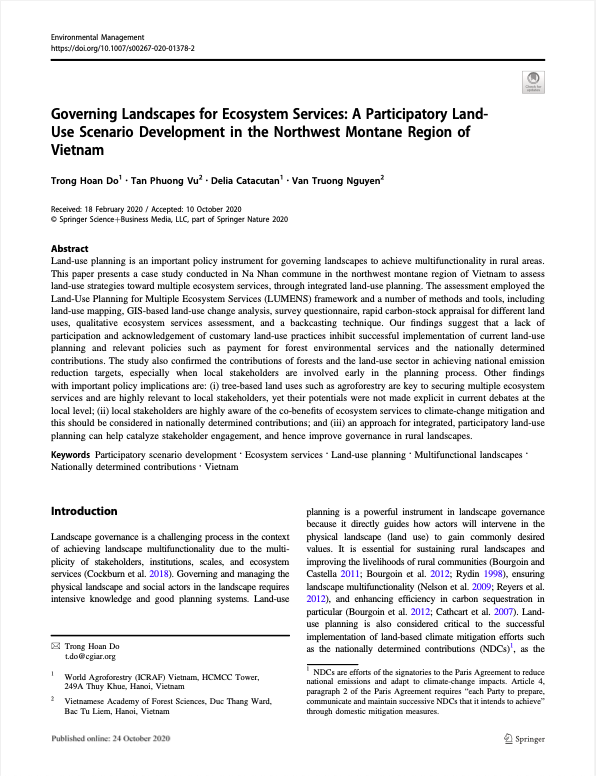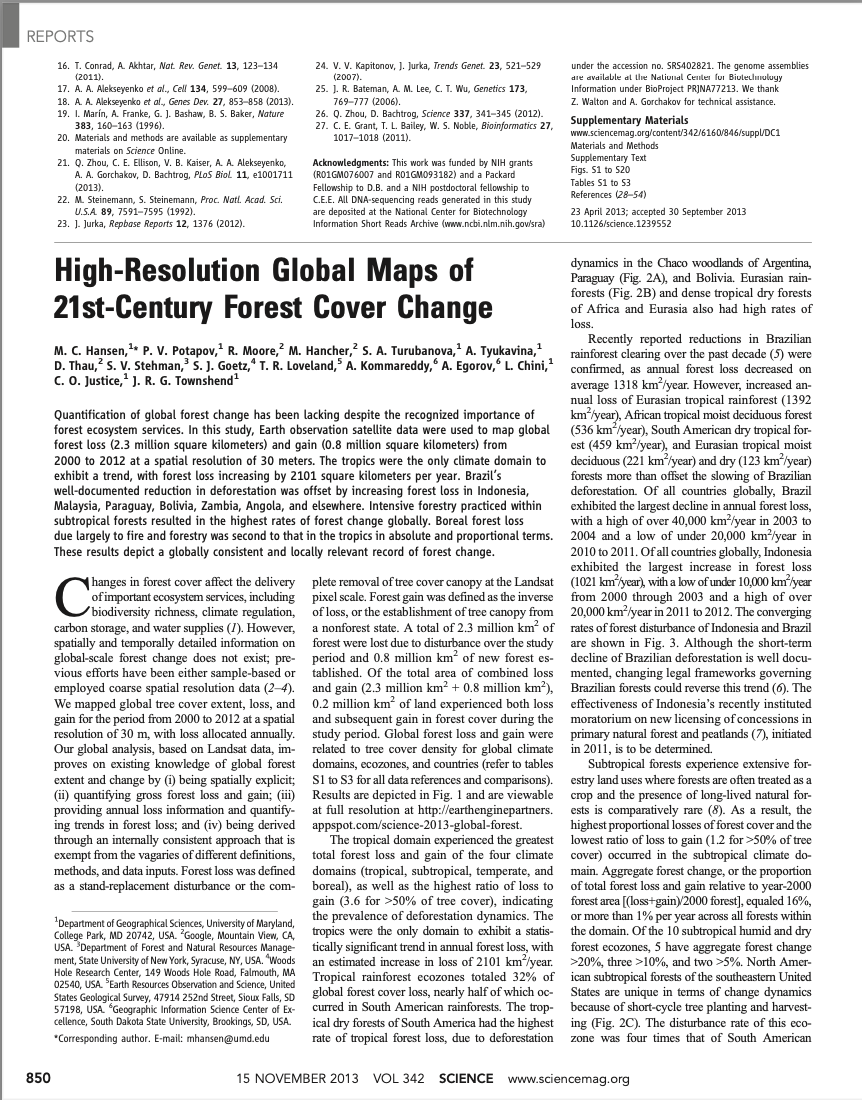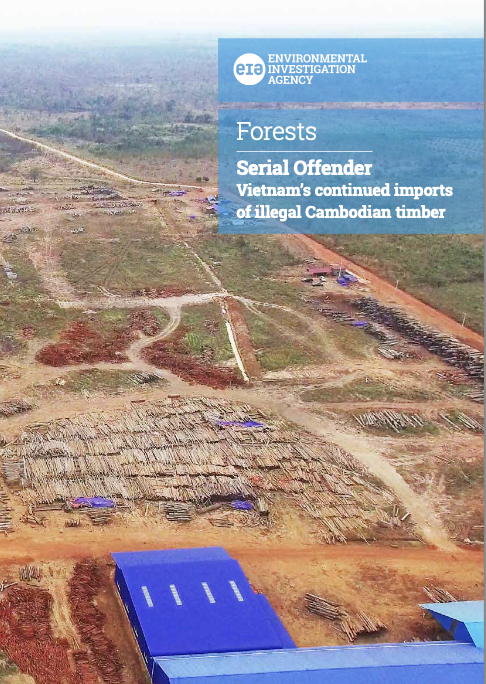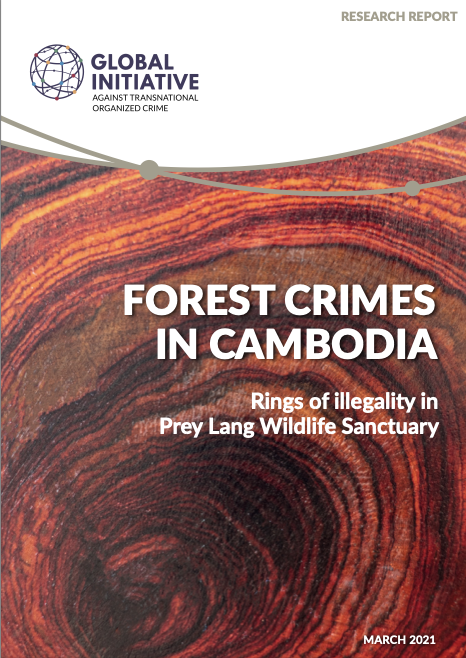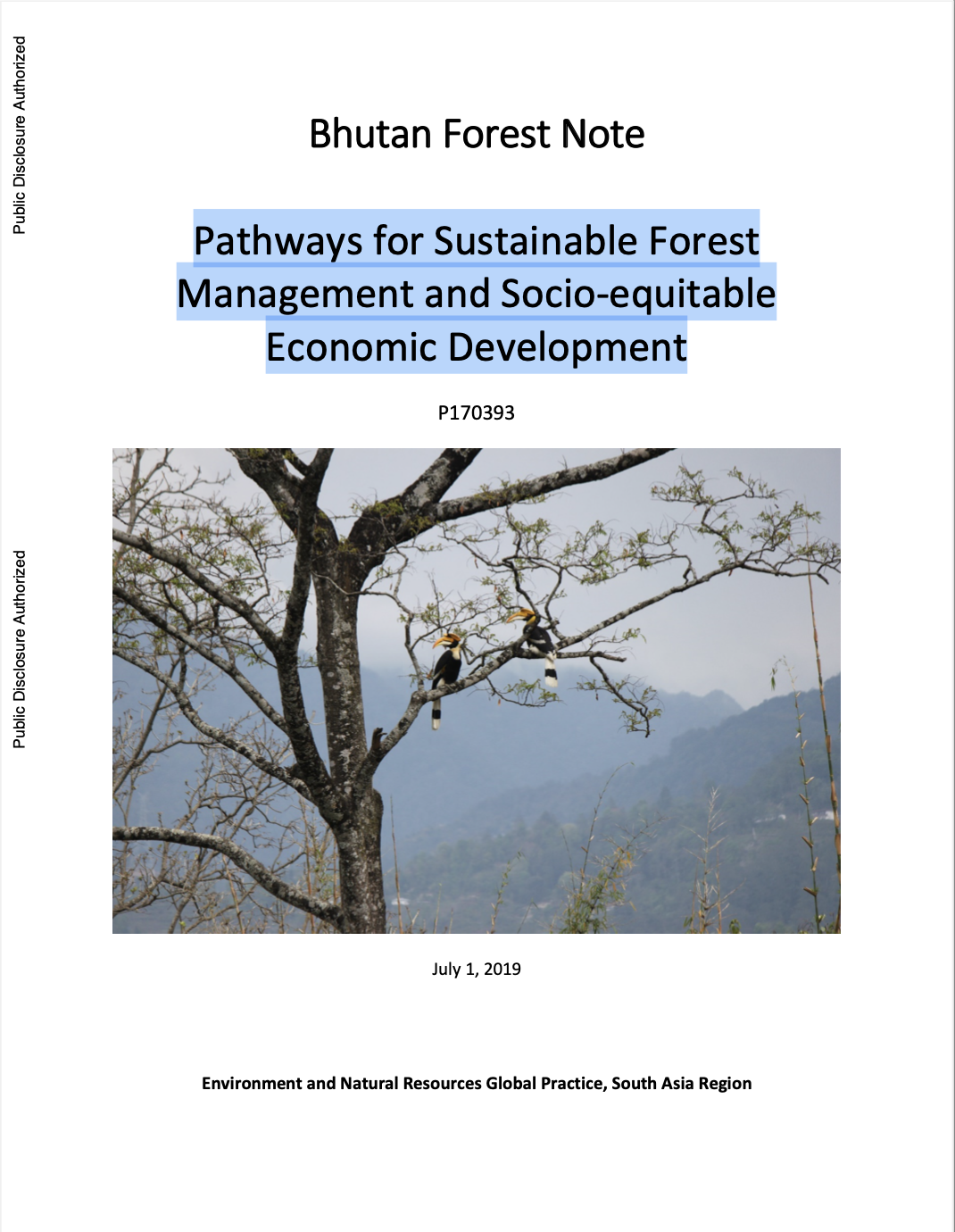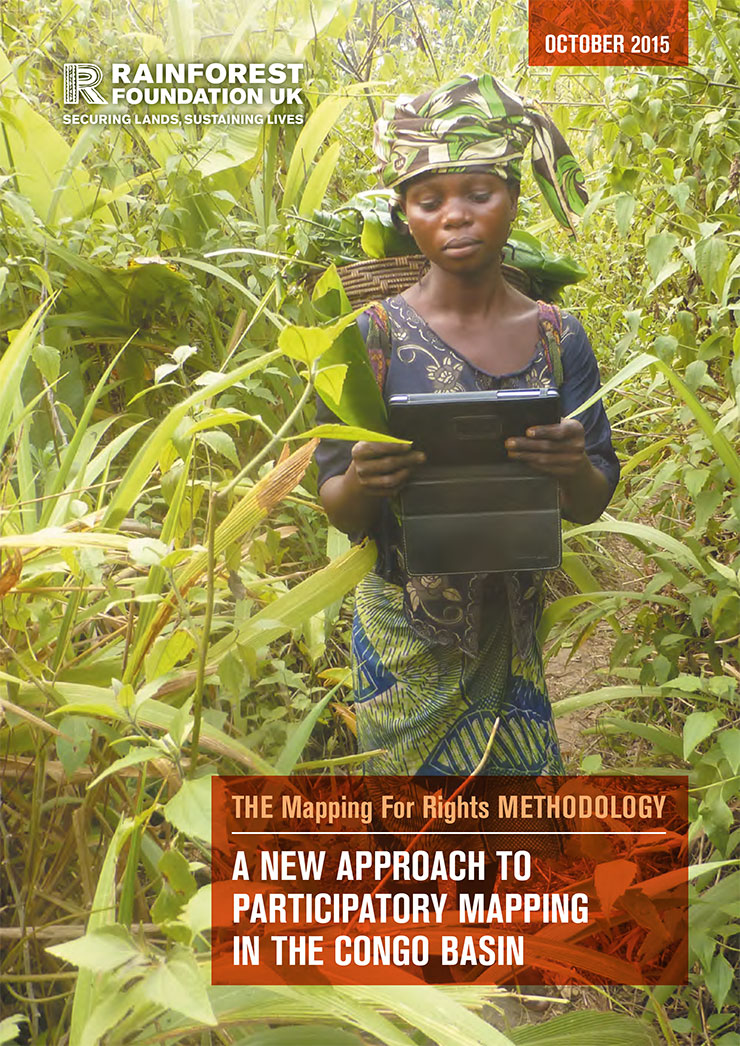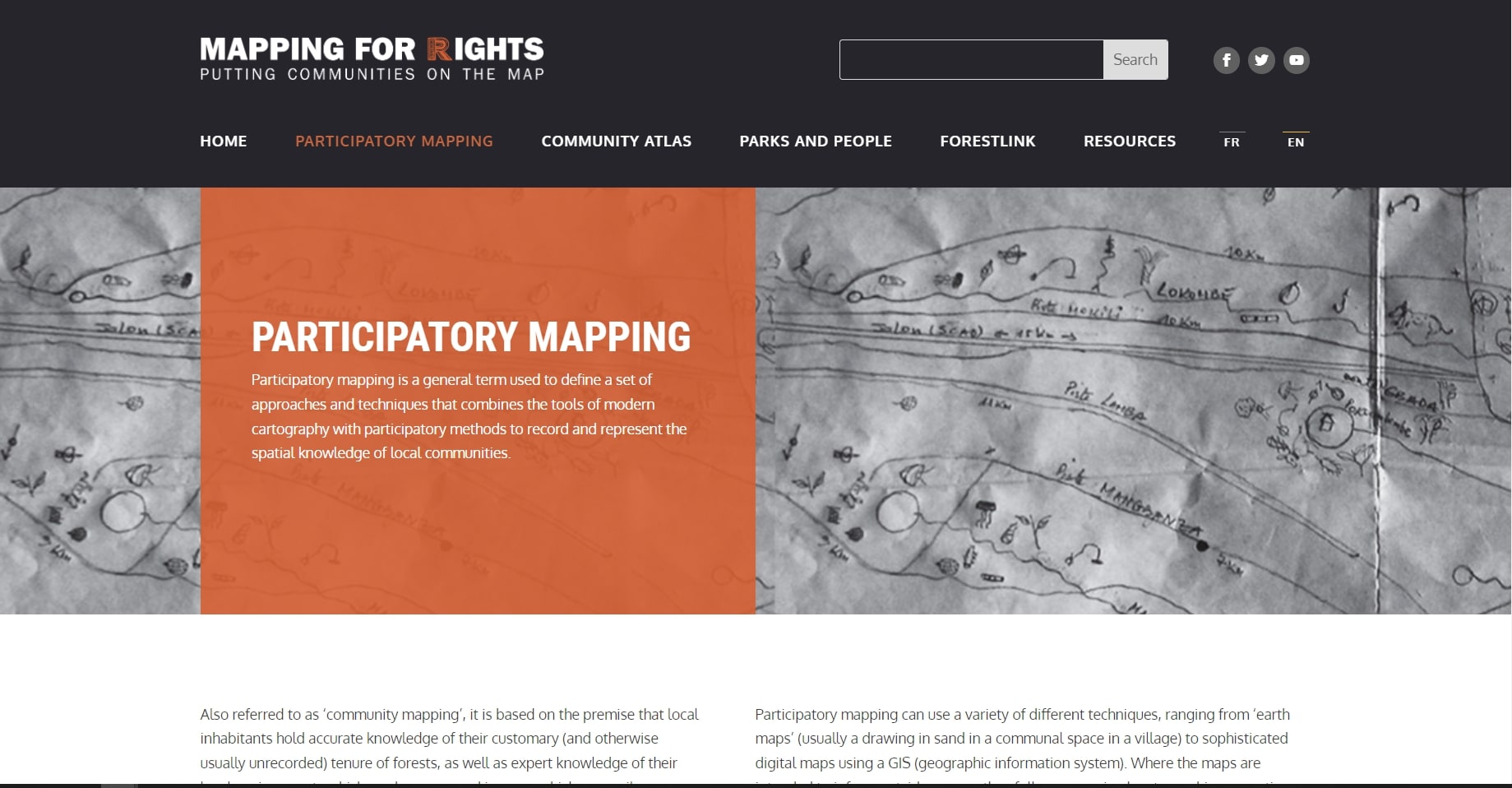Forest Land Management in the Context of National land Use
The relative scarcity of land resources to meet the growing needs of land-users has compelled land specialists to consider the need for a better system in the proper use and management of land resource. Forestlands comprise a major component of the national land and are currently the most degraded areas.


